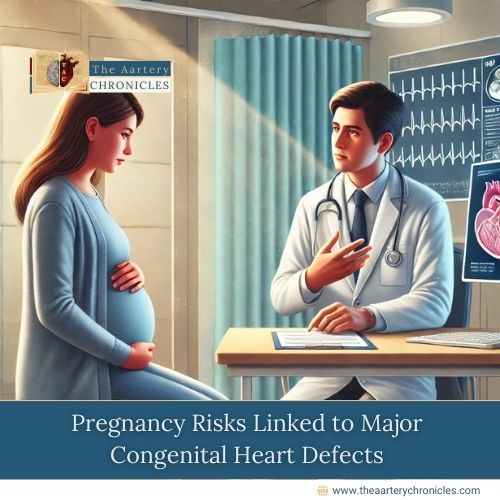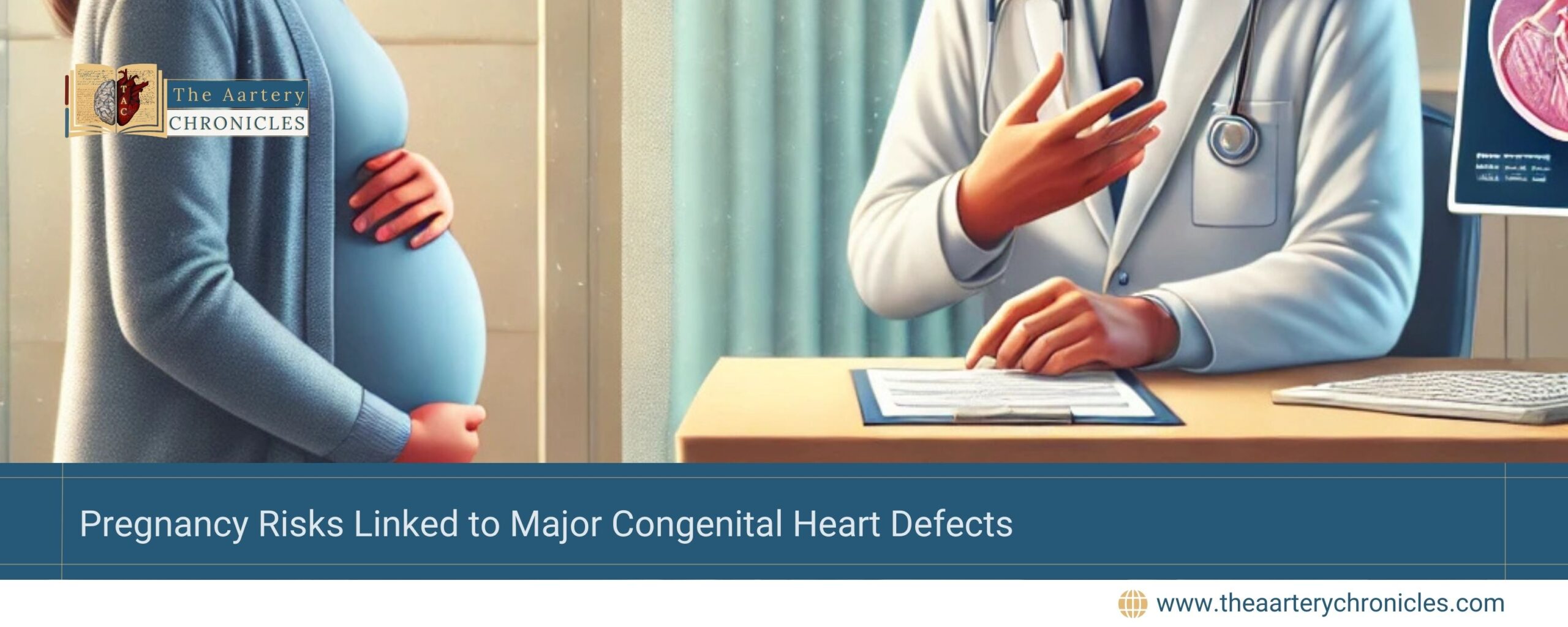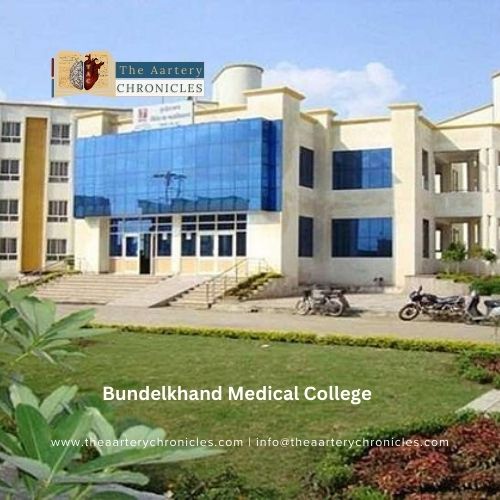

Understanding the Risks of MCHDs in Pregnancy
How risky is it for a pregnancy to be affected by major congenital heart defects (MCHDs) in the baby? A recent study aimed to uncover just that. Spoiler alert: the risks are significantly higher, and understanding them is crucial for better care.
Foetuses diagnosed with major congenital heart defects (MCHDs) may substantially increase the risk of complications during pregnancy, such as
- Preeclampsia
- Preterm birth
What Are Major Congenital Heart Defects (MCHDs)?
MCHDs are serious structural issues in a baby’s heart that develop before birth. These defects aren’t rare—they affect about 1 in 100 live births. While they can lead to lifelong challenges for the baby, they also complicate the pregnancy itself, making it harder for the mother to carry the baby to term safely.
What Did the Study Look At?
Researchers analyzed data from 534,170 pregnancies in Denmark over a decade. They focused on pregnancies with fetal MCHDs and compared them to pregnancies without these conditions.
To ensure the findings were solid, the study also included a meta-analysis of 10 additional studies, bringing in insights from nearly 6,000 MCHD cases worldwide.
The Goal?
To investigate how fetal MCHDs increase the risk of pregnancy complications like
- Preeclampsia
- Preterm birth
- Fetal growth restriction
- Placental abruption
Study Highlights: Higher Risks in MCHD Pregnancies
The results were striking:
- 23% of pregnancies with fetal MCHDs experienced complications, compared to just 9% of pregnancies without MCHDs.
- The likelihood of complications was nearly three times higher for mothers carrying babies with MCHDs.
Here’s a closer look at the risks:
- Preeclampsia: This condition causes high blood pressure during pregnancy and was 83% more likely in MCHD pregnancies.
- Preterm Births: Babies were born before 37 weeks in 15.7% of cases, making it nearly four times more likely than in pregnancies without MCHDs.
- Fetal Growth Restriction: Poor growth in the womb was three times more common in MCHD pregnancies.
- Placental Abruption: Although rare, this serious condition—where the placenta detaches prematurely—was slightly more frequent in MCHD cases
Subtypes and Specific Risks
Not all MCHDs carry the same risks. The study looked at 11 subtypes, including:
- Univentricular heart defects
- Truncus arteriosus
- Ebstein anomaly
Interestingly,
- One subtype, transposition of the great arteries (TGA), didn’t significantly increase risks like preeclampsia or fetal growth restriction.
- However, the most severe subtypes, like truncus arteriosus and Ebstein anomaly, had the highest rates of complications.
Why Does This Matter?
For mothers expecting a baby with an MCHD, these findings provide a clearer picture of the challenges ahead. Knowing the risks allows healthcare providers to:
- Offer better counselling: Mothers can be prepared for potential complications.
- Plan for extra care: High-risk pregnancies require more frequent monitoring and tailored medical interventions.
The study also highlights the need for further research into specific MCHD subtypes to develop even more targeted care strategies.
Conclusion
Nearly 1 in 4 pregnancies with fetal MCHDs face serious complications. While this sounds daunting, early diagnosis and close monitoring can make a significant difference. This study highlights the importance of monitoring and managing pregnancies complicated by foetal MCHDs. Healthcare providers and expectant mothers must work closely to address potential complications, ensuring the best possible outcomes for both mother and baby.
By understanding the risks and focusing on early interventions, the medical community can take steps to improve care for these high-risk pregnancies.
Source: Inputs from various media Sources
I’m a pharmacist with a strong background in health sciences. I hold a BSc from Delhi University and a pharmacy degree from PDM University. I write articles and daily health news while interviewing doctors to bring you the latest insights. In my free time, you’ll find me at the gym or lost in a sci-fi novel.









